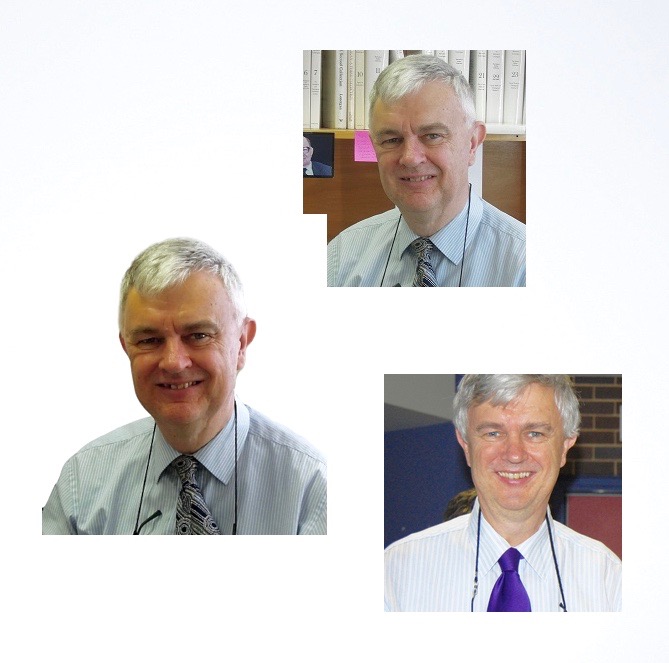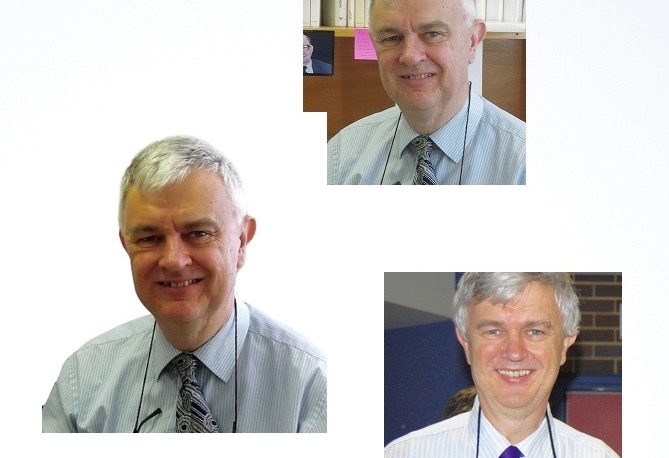 A conversation with Professor Neil Ormerod, FACTA (Fellow of the Australian Catholic Theological Association), on the need of a rigorous theological method and the mediation of philosophy towards grasping the scientific worldview of our age. Neil is a well-known public speaker, whose profile pages can be found on the Conversations and the ABC websites.
A conversation with Professor Neil Ormerod, FACTA (Fellow of the Australian Catholic Theological Association), on the need of a rigorous theological method and the mediation of philosophy towards grasping the scientific worldview of our age. Neil is a well-known public speaker, whose profile pages can be found on the Conversations and the ABC websites.
After working for many years at the Australian Catholic University, he enjoys the perks of a semiretired life, still working hard at the Sydney College of Divinity and the Australian College of Theology (both pages give summaries of his impressive list of publications). Recently, he initiated the Theology Research Network, an open framework for the interaction of theologically trained people with the world in which we live.
Neil has a double expertise, in the sciences and mathematics, and in theology. His double training, including the arduous research that earned him a PhD in mathematics and one in theology, shaped his way of thinking in significant ways. No wonder his interest in Bernard Lonergan’s works, especially in matters pertaining to theological method.
In this conversation, Neil shares with the viewers aspects of his personal and career trajectory, pointing out the importance of his earlier scientific and mathematical training, which led him to understand the importance of methodological rigour in theology. He addresses the need to clarify our concepts in order to make sense of reality and of the complex cultural context of our times. Confusion plagues both the apologists and the detractors of the faith. Clarity of understanding and sharpness of ideas are of paramount importance for overcoming the conflict opposing New Atheism and Christian fundamentalism.
Understanding and clarity, Neil argues, are possible due to the intelligible or rational nature of reality, whose source is the divine mind. Whether we like it or not, reality is rational, and this is what makes it accessible to our reason. And while the sciences access certain aspects of reality’s intelligible nature, faith points to the origin of intelligibility, God. It is through this combined lens that different perceptions of reality—such as the faith-based view of meaning, purpose, and order, and the reductionist, scientific view of chance, chaos, and contingency—can be bridged. Analysis and insight go hand in hand, facilitating a comprehensive view of things. This holistic approach requires, however, more than a direct encounter between faith and science; it requires the mediation of philosophy and, why not, artistic intuition. Thus equipped, people of faith grasp the patterns and the recurrent schemas rolling behind the scenes of cosmic randomness studied by the sciences. Above all, this insight leads them to grasp the impact of divine providence, which makes things as they are—including our own lives—possible.
Here is the video recording of this conversation:
22 July 2021 © AIOCS
Check out the second conversation with Professor Neil Ormerod
AIOCS LTD is a not-for-profit charitable organisation that promotes the study of Orthodox Christianity, Eastern and Oriental, in Australia
For donations, please go to https://www.paypal.com/paypalme/aiocsnet or contact us at info@aiocs.net


